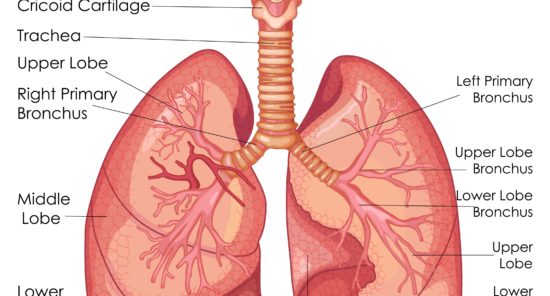The transition from race-based (GLI-2012) to race-neutral (GLI-Global) equations for lung-function testing significantly impacts clinical, occupational, and financial outcomes. An analysis of longitudinal data from multiple large cohorts revealed that adopting GLI-Global equations could reclassify ventilatory impairment for 12.5 million individuals, alter medical impairment ratings for 8.16 million, and change chronic obstructive pulmonary disease grading for 2.05 million. These shifts vary by race, with a 141% increase in nonobstructive ventilatory impairment among Black persons and a 69% decrease among White persons. Financially, this reclassification could increase annual disability payments by over $1 billion for Black veterans and reduce payments by $0.5 billion for White veterans.
Despite these reclassification effects, the predictive accuracy of respiratory outcomes, including respiratory symptoms, healthcare utilization, new-onset disease, and mortality, was similar between the two equations, with minor differences in discriminative statistics. The findings underscore the substantial implications of adopting race-neutral equations, highlighting the need for careful consideration of their impact on disease classification, occupational eligibility, and equitable disability compensation across different racial groups.
Reference: Diao JA, He Y, Khazanchi R, et al. Implications of Race Adjustment in Lung-Function Equations. N Engl J Med. 2024;390(22):2083-2097. doi: 10.1056/NEJMsa2311809.









